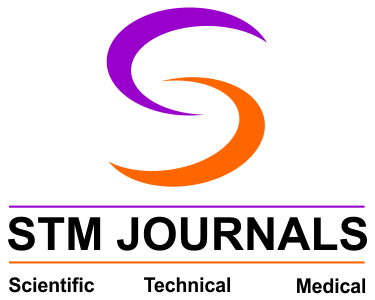About the Journal
Research & Reviews: A Journal of Toxicology [2231-3834 (e)] is a peer-reviewed open access journal launched in 2010 and focused on the publication of current research work carried out under Toxicology. It is concerned with the harmful effects of chemical, biological and physical agents in biological systems that establish the extent of damage to living organisms.
Focus and Scope
- Toxicity, Mechanisms, and Health Effects: Cell adhesion, intra-, and inter-cellular signaling, protein folding, maturation, apoptosis, ionic transportation, enzyme regulation, and release of neurotransmitters, heavy metal toxicity, health hazard of nanoparticles, environmental pollutants, food additives.
- Biological Toxicology: Micro-organisms, Diphtheria Toxin, Tetrodotoxin, Pertussis Toxin, Botulinum Toxin, Snake Venom Toxins, Conotoxin, and Ricin, bio-agents, biological warfare agents, bioterrorism.
- Xenobiotics and Foreign Toxins: Plant constituents, drugs, pesticides, cosmetics, flavorings, fragrances, food additives, industrial chemicals, environmental pollutants, human consumption and excretion, wastewater, and sewage treatment plants.
- Environmental Toxicology: Biological, physical, and chemical wastes; agricultural pesticides; radiation; ecosystems; biological stressors; environmental pollutants in the air, dust, sediment, soil, and water.
- Industrial Toxicology: Chemicals, physical agents, and processes; drugs, medications; contaminating waterways, aquifers, soil, air, organisms; pesticides; occupational exposure; carcinogenicity.
- Ecotoxicology: Contaminants including pesticides on individuals, populations, natural communities, ecosystems, bioaccumulation, biomagnification, trophic cascade, changing their behavior, changing their ability to reproduce, surviving stress, metal smelting, combustion, aquatic ecotoxicology.
- Entomotoxicology: Arthropods, Diptera, the impact of drugs, maggots, fly larvae, toxicological analysis, forensic entomology.
- Forensic/Medical Toxicology: Analytical chemistry, pharmacology, and clinical chemistry to aid medical or legal investigation of death, poisoning, drug use, Immunoassays, Gas chromatography-mass spectrometry; liquid chromatography-mass spectrometry; detection of metals.
- Marine/Aquatic Toxicology: contaminant levels, freshwater, marine organisms, hazards, aquatic environment, field alterations, bioaccumulation, bioavailability, lethality, biomagnification.
- Molecular Toxicology: Xenobiotics, endobiotic, animals, humans, genetic toxicology, chemical metabolism, in vivo, in vitro, molecular biology, systems biology, translational studies, epigenetics, toxicogenomics, food safety, environmental carcinogenesis, pollutants, chemoprevention.
- Toxicogenomics: collection, interpretation, and storage of information about genes, protein activity within particular cells, pharmaceutical research, bioinformatics, drug discovery, clinical pathology, and histopathology.
- Safety Evaluation and Risk Assessment: Identifying and managing hazards, examination of work environment, Qualitative Risk Assessment, Quantitative Risk Assessment, health and safety risks, risk management.
- Pharmaceutics and Pharmacology: Cancer therapeutics, Cell protective therapies, drug delivery systems, drug toxicity, Chemical processing of drugs, Dosage form design, Drug discovery, Drug disposition, and Drug safety.




